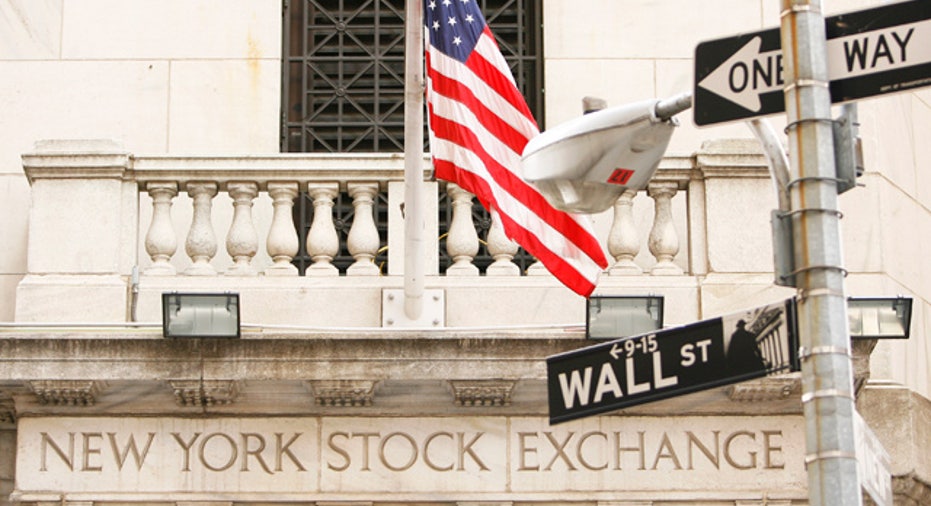Wall Street Braces for Feeding Frenzy of Earnings, Central Bank Action

The stock market will be bombarded with news next week, giving investors plenty to trade on, as earnings kick into high gear and more than a dozen central banks hold monetary policy meetings. The S&P 500 index climbed 9.86 points to a fresh record close of 2,175.03. For the week, the large-cap index rose 0.6%. The Dow Jones Industrial Average gained 53.62 points to finish at 18,570.85, adding 0.3% for the week. The Nasdaq Composite Index advanced 26.26 points to close at 5,100.16, finishing the week 1.4% higher. The S&P 500 closed above 2,135, a level where there had been a lot of resistance previously, suggesting that the market has the breadth to eventually push to 2,400, according to Katie Stockton, chief technical strategist at BTIG. The market's upside momentum has been partly fueled by better-than-anticipated earnings. "With 25% of the companies in the S&P 500 reporting earnings to date for second quarter 2016, 68% have reported earnings above the mean estimate and 57% have reported sales above the mean estimate," said John Butters, senior earnings analyst at FactSet, in a note. Among big multinationals on deck to release results next week are McDonald's Corp., Twitter Inc., Coca-Cola Co., Facebook Inc., Ford Motor Co., Alphabet Inc., Amazon.com Inc., Exxon Mobil Corp., and Chevron Corp. But none will generate as much buzz as Apple Inc. Analysts surveyed by FactSet are projecting the tech giant to report fiscal third-quarter earnings of $1.40 a share, down from $1.85 a share in the year-earlier quarter on the back of a double-digit drop in iPhone sales. If Apple's earnings slide year-over-year as forecast, it will mark the first time since fiscal fourth quarter of 2013 that the company witnesses two quarters in a row of earnings decline. On the policy front, 15 central banks are scheduled to meet, but the Federal Reserve and the Bank of Japan will attract the most attention given that they represent the world's No. 1 and No. 3 economies. The Fed is forecast to keep interest rates on hold even as the economy is clearly on the mend amid uncertainties over how the U.K.'s planned exit from the European Union will impact the U.S. Latest data show that the U.K. is poised for another recession with business activity deteriorating in the wake of the Brexit referendum. With the Fed likely to stand pat, investors will be looking for clues on whether the central bank is likely to make a move in September or December, said Scott Brown, an analyst at Raymond James. The BOJ, on the other hand, is expected to further ease its policy, which could include a rate cut and additional asset purchases. In fact, expectations for a more potent stimulus package in Japan is so widespread that the BOJ is facing the risk of disappointing the global markets if it fails to act decisively, according to BNP Paribas. Failure to launch may also result in the Japanese yen strengthening against the U.S. dollar, which will worsen Japan's headache as a strong currency erodes price competitiveness. Against the backdrop of lingering global uncertainties, Wall Street banks are urging renewed focus on the U.S., which is faring comparatively better than other developed markets. Goldman Sachs earlier this week recommended investors to bet on S&P 500 companies that derive most of their sales domestically given the resilience of the U.S. economy, a view echoed by Morgan Stanley this week. "Our stance remains that the U.S. equity market is the best one in the world," said Adam Parker, chief U.S. equity strategist at Morgan Stanley, in a report. "We think EPS expectations are reasonably achievable for the next two quarters [and] that the base case for the U.S. is positive earnings growth, whereas it is a decline in any other region of the world."



















